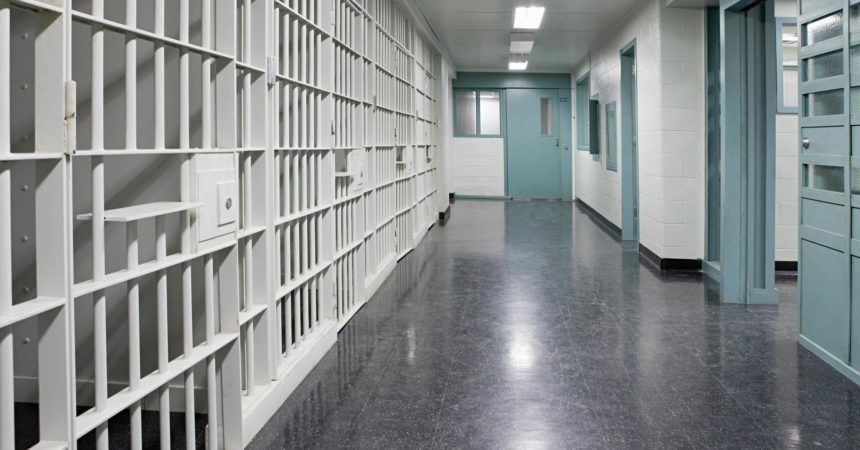
Court ruling could cloud prison shift proposal
Ana Ceballos
News Service of Florida
A Tallahassee judge last Friday ordered the Department of Corrections to reverse course on an effort to reduce correctional officers’ workdays, ruling that the state must first negotiate with the union representing the guards.
Leon County Circuit Judge Charles Dodson’s ruling cast a cloud over a $17.2 million pilot program for additional shift modifications that Florida lawmakers were poised to approve in the waning days of the 2020 legislative session.
The proposal would change officers’ shifts from 12-hour days to 8.5-hour work days at a quarter of Florida prisons, in an effort to address worker fatigue, low morale and high turnover.
The court ruling, however, found former Gov. Rick Scott’s administration violated the constitutional rights of correctional officers by “unilaterally” changing the workdays without first negotiating the modifications.

With the language is in place for a pilot program, a judge ruled that DOC should negotiate changes in employees’ workdays.
“This court concludes plaintiff’s constitutional rights have been violated and further finds the deprivation is ongoing,” Dodson wrote in a two-page order.
The judge’s decision has prompted House budget negotiators to take another look at the proposed pilot program.
“The order is being reviewed and a determination will be made as to whether budget changes need to be considered,” House Justice Appropriations Subcommittee Chairman Clay Yarborough, R-Jacksonville, told The News Service of Florida last Friday.
But Sen. Jeff Brandes, the Senate’s top criminal justice budget writer, said the Senate still wants to give the Department of Corrections the funds to launch the pilot program.
“They just need to collectively bargain,” Brandes, R-St. Petersburg, said in an interview.
Florida corrections officials said the case “concerns previous actions and does not impact future plans to move toward 8.5-hour shifts.” The state agency “remains committed to the pilot program currently before the Legislature,” officials said in an email.
The legal wrangling over the work hours stems from shift reductions initiated in 2018 by Scott, who is now a U.S. senator.
Lawyers for the PBA have argued that the “plain language” in its contract with the state “required negotiations to occur prior to any change in normal work hours.”
In October, Dodson sided with the PBA in the contract dispute, but his decision was on hold while the state appealed. Last Friday, the judge lifted the stay, finding it is “causing irreparable harm” to the union.
Matt Puckett, executive director of the Florida Police Benevolent Association, said the union is currently in discussions with Department of Corrections Secretary Mark Inch’s administration about the pilot program, emphasizing that Inch “has rightfully maintained that negotiations are necessary.”
“We have been in negotiations, but now that the pilot plan language is in place, there are more negotiations to be completed,” Puckett told the News Service on Friday.
The union is calling on Inch to “hold those responsible for the violation accountable,” Puckett said.
“The Department of Corrections clearly violated the constitutional rights of correctional officers when the shift changes were unilaterally imposed. This behavior from certain individuals within the upper management of the department has to stop,” Puckett added.
Dodson found that ordering corrections officials to reverse course on the shift modifications and forcing them to “abide by the contract they negotiated and accepted” will not “cause any harm” to the state.
“The balance of equities is overwhelmingly tilted in favor of plaintiff. Defendants negotiated and accepted the 12-hour work days when the subject employment contract was originally executed,” Dodson wrote.







